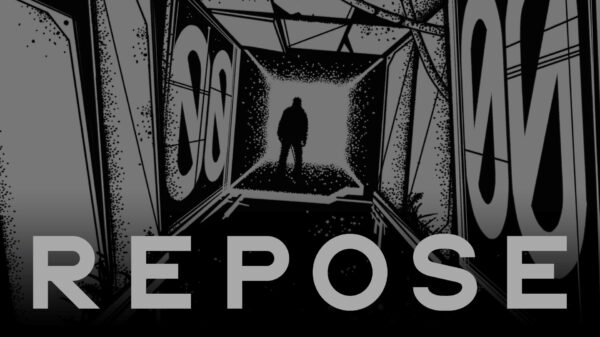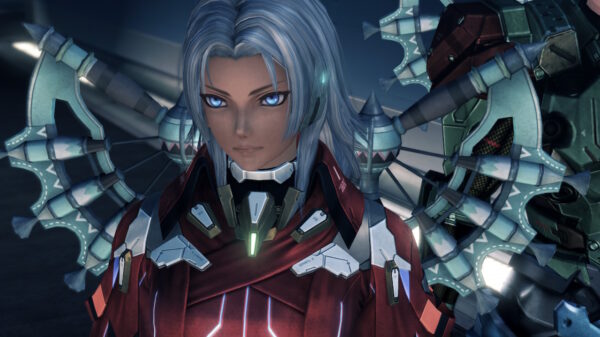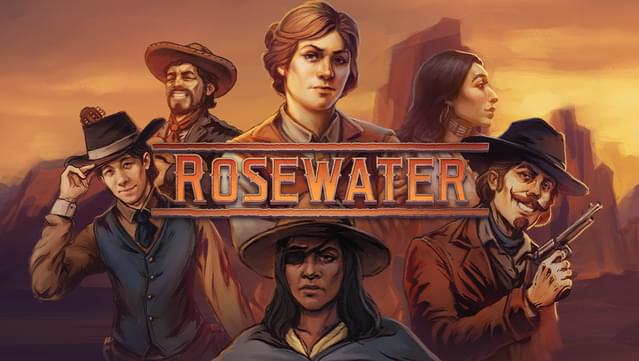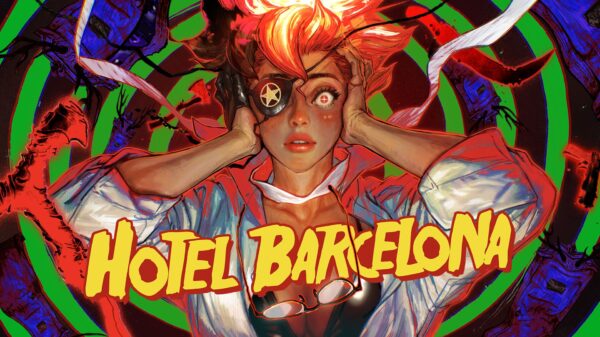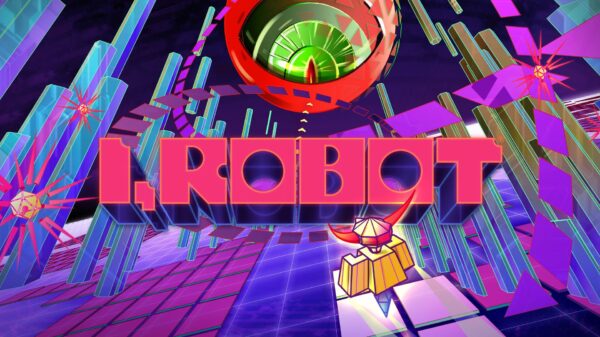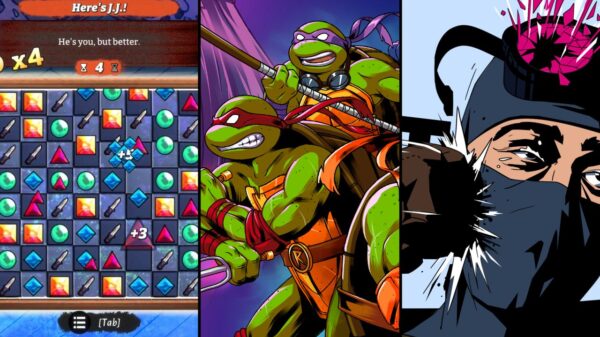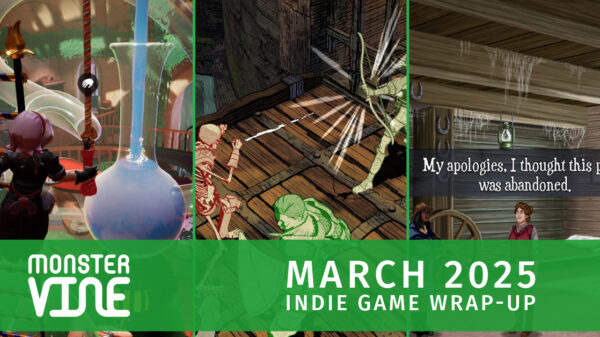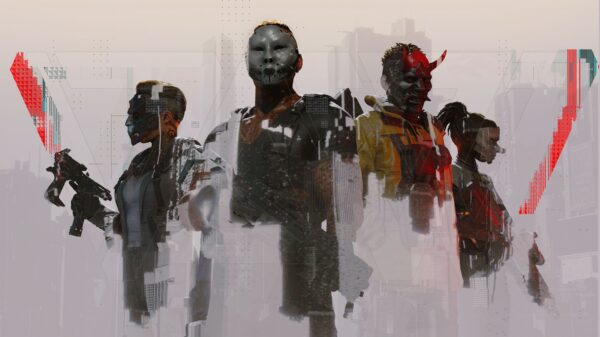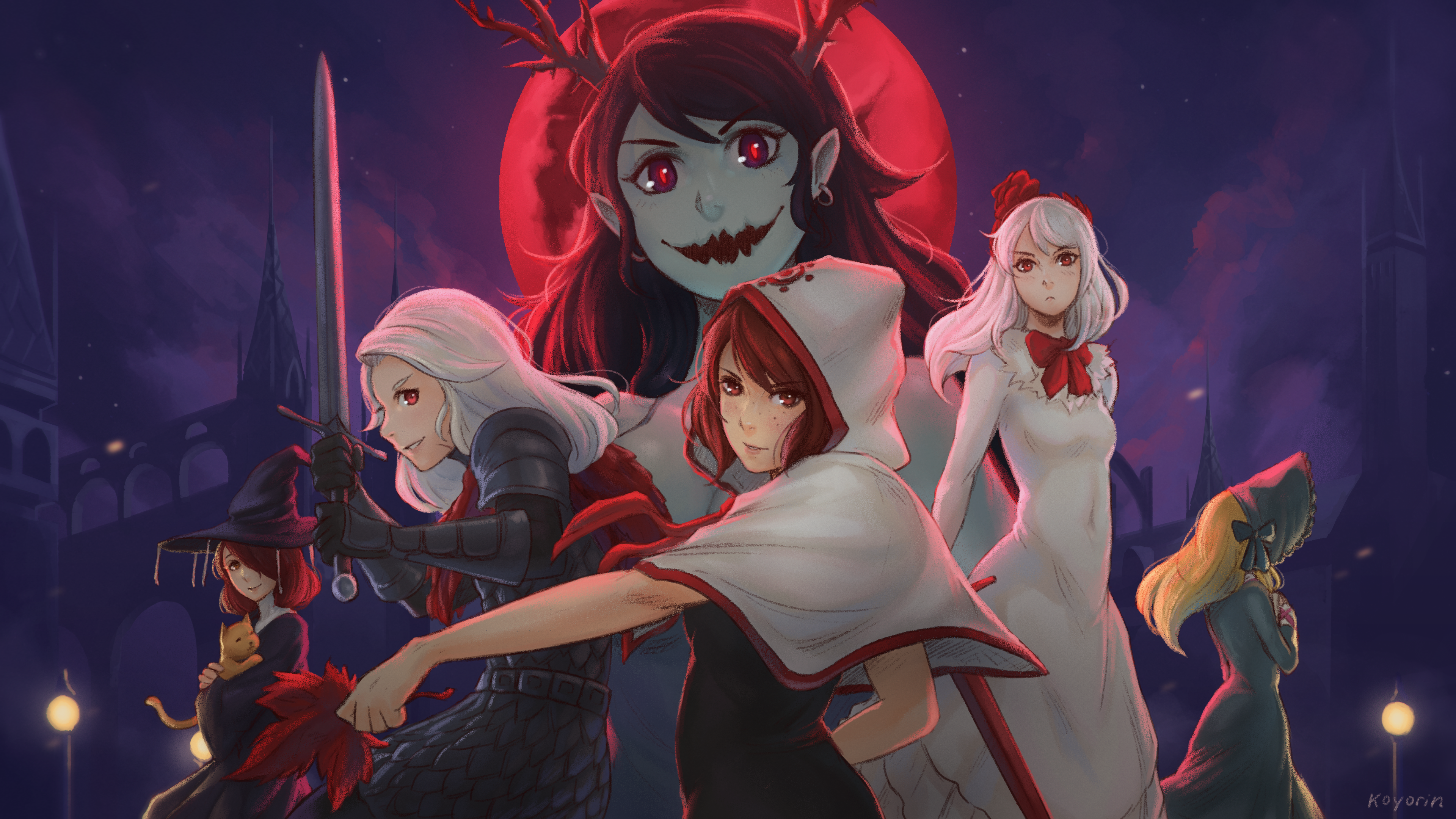A serviceable action platformer that does much with its modest four hour run time but ultimately stumbles with an underwhelming sense of progression and lackluster upgrades.
Momodora: Reverie Under the Moonlight
Developer: Bombservice
Publisher: Playism
Price: $9.99
Platforms: PS4 (Reviewed), Xbox One, PC/Steam
MonsterVine was provided a copy for review purposes.
The independent gaming scene has seen a glut of the “platformer with a quirky art style” in recent years and while Momodora: Reverie Under the Moonlight doesn’t deviate too far off the path, it still makes a slight mark in the genre.
Reverie represents the first entry in the series to make it to consoles, serving as a prequel to Momodora I-III — the first two released as freeware in 2010 and 2011, respectively — but knowledge of the lore is not required. Having never played previous iterations myself, I didn’t feel like I missed out on much on the story front.
Reverie tracks priestess Kaho as she ventures out to find the Queen and rid the world of a plague that has affected its inhabitants. You’ll make your way inside a castle with several beautiful, distinct areas which house bosses, items, and “crests,” or upgrades, needed to progress.

It visibly wears its influences on its sleeves ranging from the popular Metroidvania genre and graphics reminiscent of Superbrothers: Sword & Sworcery EP. The latter imitated by the use of pixel graphics in a 4:3 aspect ratio as well as pulsating auras representing item pick-ups at the end of levels.
Gameplay-wise, it makes a good first impression. The combat and traversal isn’t as quick as I’d like — methodical, even — but the game’s enemies and bosses don’t punish you for it. The combat may be relatively slow, but it is responsive. Your main form of attack is melee via Kaho’s leaf and ranged attacks with bow in-hand. Both attack styles can be upgraded slightly throughout your adventure, albeit never significantly so, and the ease of boss battles rarely require top upgrades. Later, much later than necessary, you get a cat transformation upgrade that adds some variety to your moveset.
Ultimately, your quest involves gathering four different crests that will grant you access to take down the memorable last boss. Besides the final encounter, the other memorable boss is the big-breasted Lubella which demands you attack her mammaries to defeat her — otherwise, bosses are easy to fell with only a modicum of memorization required and a few bellflowers (read: health item). Lubella serves as an interesting boss deviation, but it would’ve been great to have seen Reverie embrace that weird, ludicrous aspect and set the tone for the rest of the game.

Other than the interesting religious undertones — being that you’re a priestess and save points are praying altars — of the story, cool pixel art style, and responsive combat, Reverie fails in some essential ways that detract from making it a better game. The biggest one being the chore it can be sometimes to traverse its labyrinthine environments. They’re interesting at first, but quickly become laborious to wade through when you’re backtracking for the next upgrade with little direction.
Aimless wandering can sometimes be seen as a hallmark of the genre, but considering Reverie‘s slower gameplay and questionable decision to give you location warping abilities late — unlocked almost three-quarters of the way through — searching every nook and cranny for either a blinking aura or boss you may have missed quickly becomes a slog.
Even when you do find power-ups, what’s missing is the satisfying feeling that you’re actually, you know, powering up. Every crest or item pick-up serves to open up the world a bit more, but is rarely gratifying as in other games in the genre. It all boils down to basically opening up the next area with a key or being able to change into Kaho’s cat form to make it through a few tight spots in the world. Otherwise, you end the game with little change to your character.
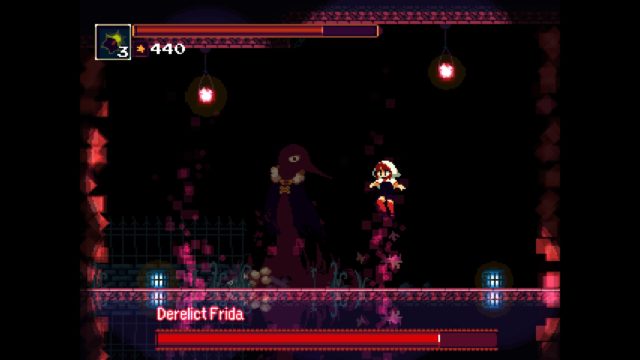
 The Final Word
The Final Word
Momodora: Reverie Under the Moonlight is admirable in that it’s an indie game in the truest sense of the word. The series started as freeware titles, then launched on Steam, and it’s finally making it to consoles with Reverie, its fourth entry, via crowdfunding and a tiny development team. That being said, Reverie is a solid platformer with a quirky art style that will entertain as long as you can overlook some of its faults and keep your expectations in check. The next Super Metroid or Castlevania: Symphony of the Night, it’s not, but satisfying for an afternoon if you need a quick fix of the genre.
– MonsterVine Review Score: 3 out of 5 – Average



